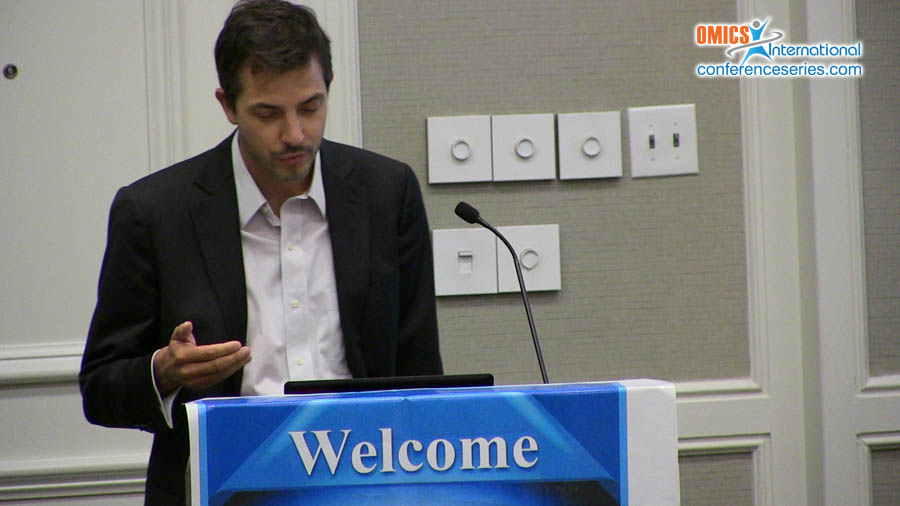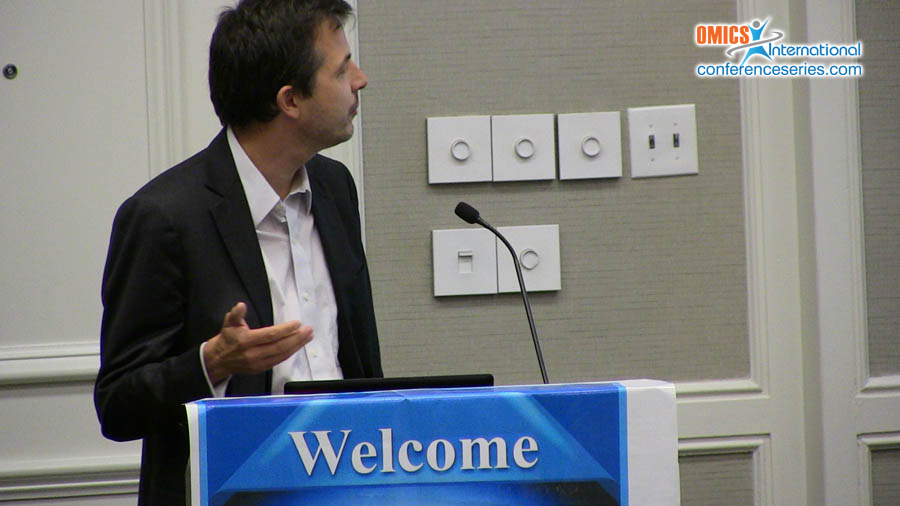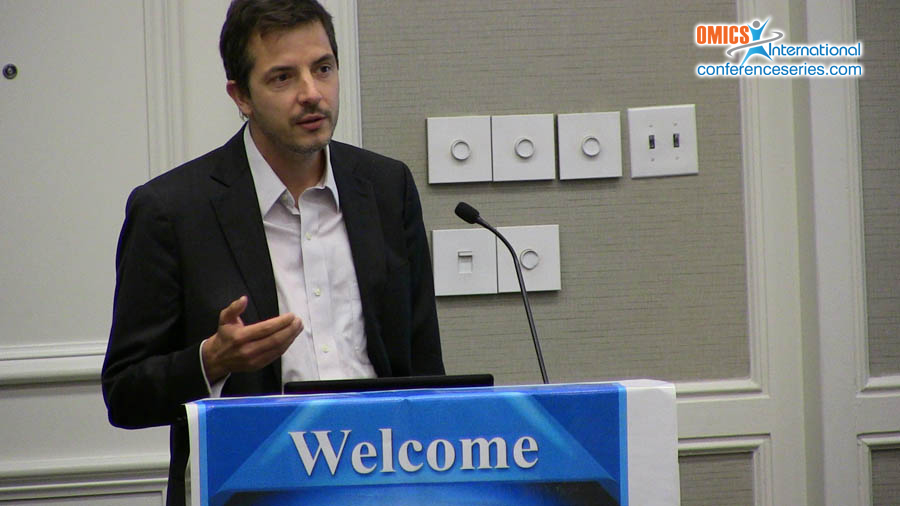
Guilhem Bousquet
University Paris-Diderot, France
Title: Can cancer brain metastases be treated using humanized monoclonal antibodies? A pilot pharmacological study
Biography
Biography: Guilhem Bousquet
Abstract
Therapeutic monoclonal antibodies have widely contributed to improving survival in metastatic cancers. However, patients are at increased risk of developing central nervous system metastases, and the survival of patients with brain metastases remains poor, challenging daily practice in medical oncology. The mechanisms limiting the use of therapeutic monoclonal antibodies for the treatment of brain tumors are their inadequate transport from blood to brain through the blood-brain barrier. We performed a sequential pharmacological pilot study in a young, 36-year-old woman with metastatic breast cancer who developed HER2-overexpressing brain metastases resistant to standard treatment. With her informed consent, lumbar and ventricular reservoirs were implanted for repeated intra-thecal injections of trastuzumab, an anti-HER2 monoclonal antibody. Close monitoring of trastuzumab trough concentrations in the cerebrospinal fluid over 8 months enabled us to determine the intra-thecal drug administration schedule required to stabilize the brain metastases on magnetic resonance imaging. Because of a high clearance from the cerebrospinal fluid, and this result was unexpected, repeated injections of trastuzumab 3 times a week were required. This innovative scheme, guided by individual pharmacology and mimicking a continuous perfusion, can be used for other patients. Apart from this therapeutic effect, the rapid efflux of trastuzumab has not hitherto been described. FcRn receptors, expressed by the capillary endothelium of the blood-brain barrier, may be responsible for this efflux mechanism. Engineering of a F(ab’)2 fragment of humanized monoclonal antibody against HER2 could prevent the binding of immunoglobulin to FcRn, and the mechanism of efflux.



